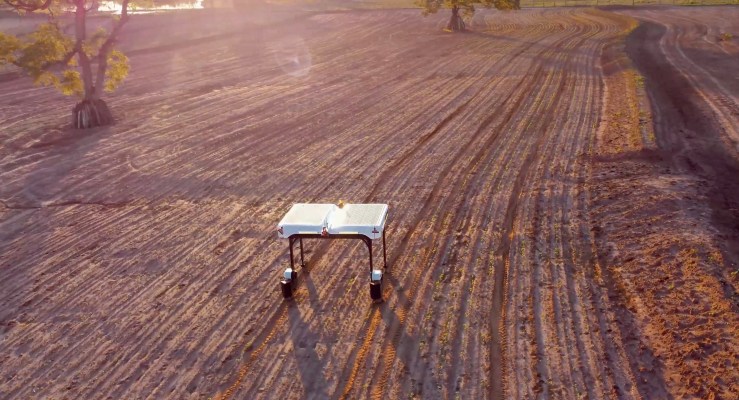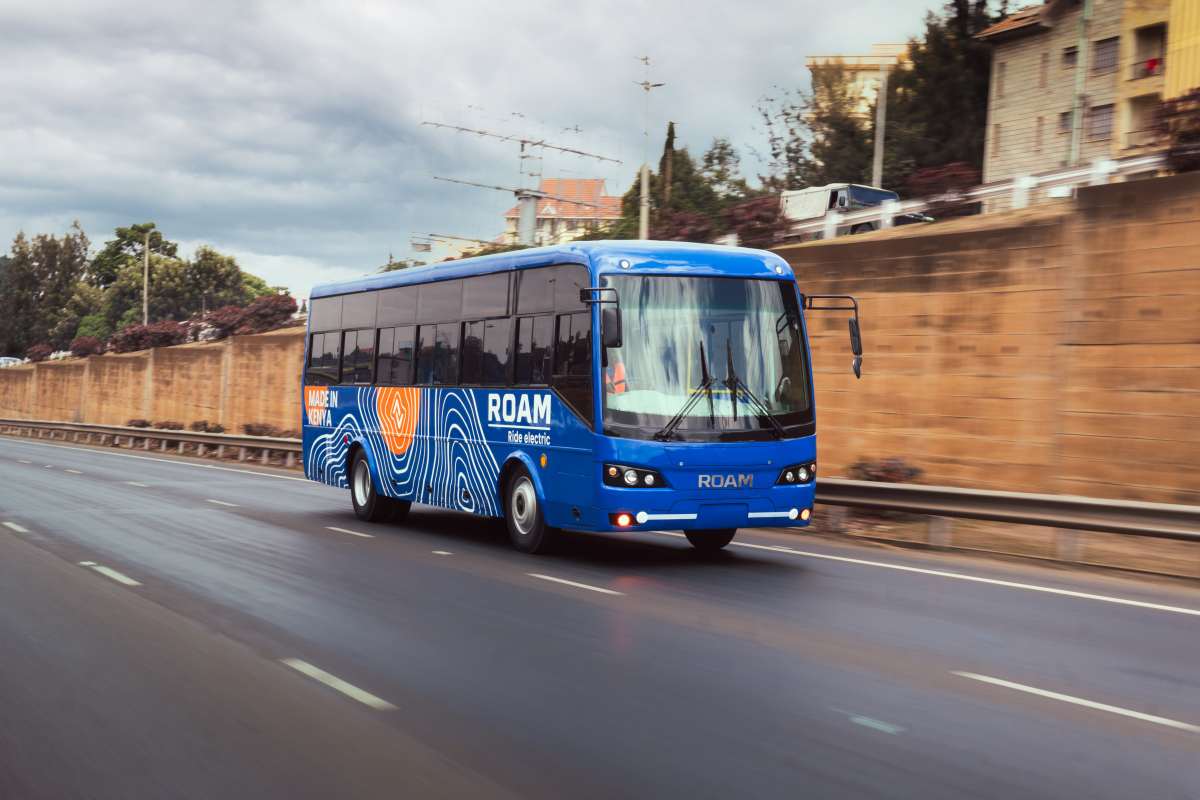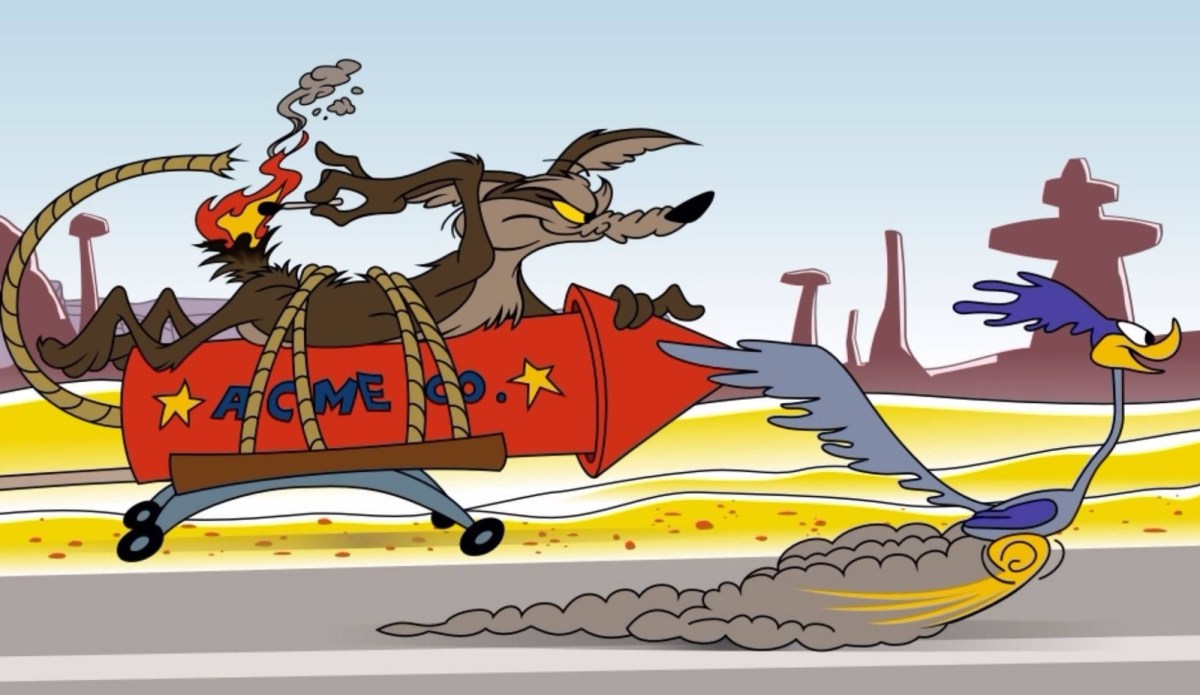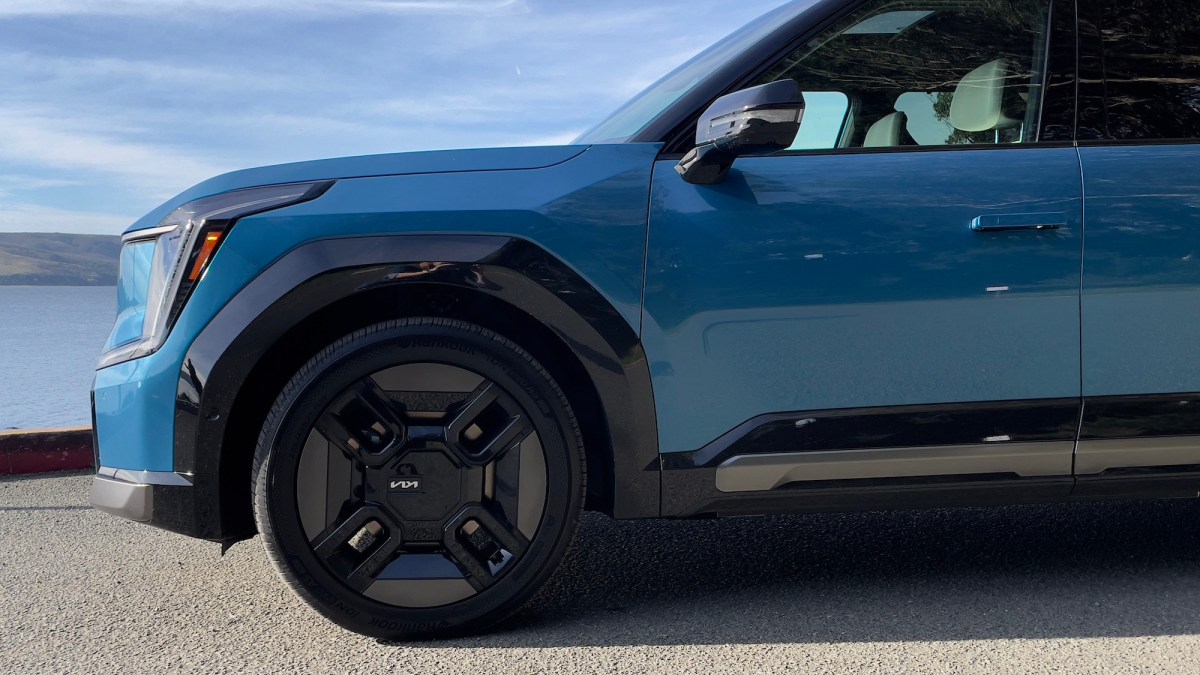A new agtech robot enters the crop monitoring category – TechCrunch
I’ve suddenly found myself writing a lot about agtech of late. Maybe it’s because spring officially sprung over the weekend – or perhaps it’s that pesky impending environmental collapse that’s frequently top of mind.
Whatever the case, I’m mostly been lamenting a general lack of traction among robotics in the category, so I’m always happy to see a new contender emerge.
A lot of this stuff is also probably top of mind given that the World Agri-Tech Summit is currently happening in San Francisco. Today at the event, Growmark and Solinftec announced a partnership set to bring an unnamed agtech robot to the market. The product is being field-tested for the remainder of the year, and the companies are planning/hoping to bring it to market at some point in 2023.
The robot functions similarly to a number of products we’ve seen attempting to address a potentially large market, including recent addition Verdant and a bunch of startups John Deere keeps buying up. It effectively rides around the field autonomously, scanning for things like crop health and nutrition, along with potential trouble areas like pets and weeds. That information is collated and sent to the farmer for action.
“We’re taking our robot directly to the fields for practical implications,” Solinftec COO Daniel Padrão said in a release. “This cutting-edge technology will help develop agricultural solutions and support sustainable farm practices. We are honored to have such a progressive partner as Growmark to move forward with this first launch as we continue to work together to support farmers on seizing the opportunities in agriculture.”
As a base-level functionality, I think this makes sense. Attempting to monitor vast swaths of land on a micro-level is extremely difficult work, and many times it means waiting for problem areas to balloon into actual problems before properly addressing them. There are a number of different angles being taken here, from robots to drones to satellite imaging. The companies are also competing with robotics that monitor crops while performing other functions, be it weeding, picking or plowing.




